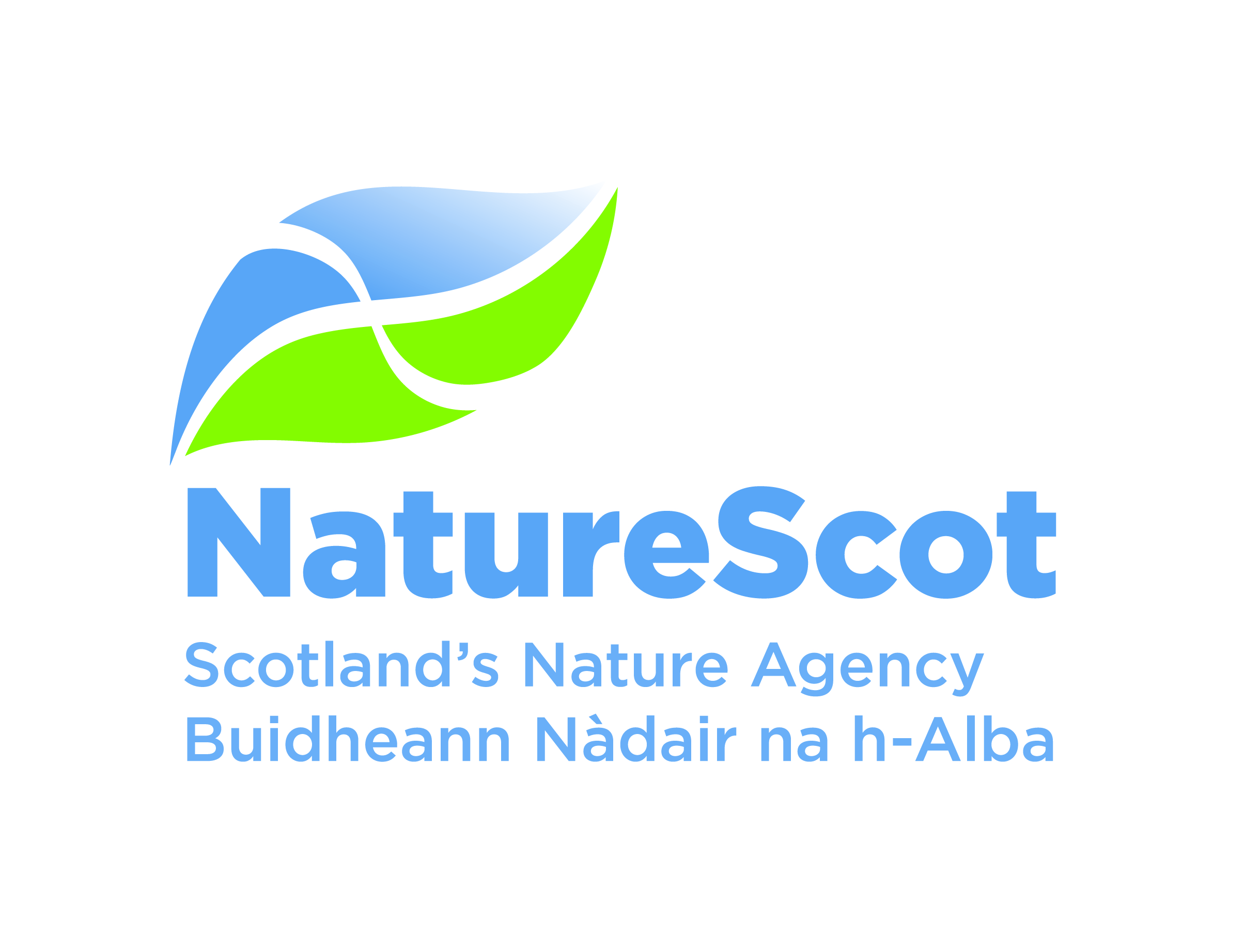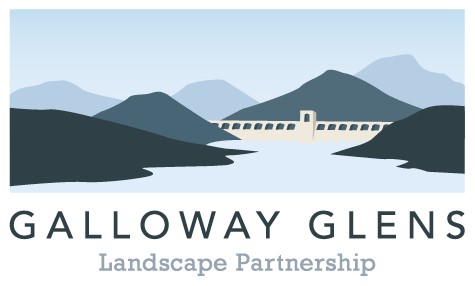Internships
Paid internships are an important way to assist post graduates to develop successful careers in the conservation, environmental and fisheries sectors. These internships provide valuable training and experience, as well as giving opportunities to develop new practical skills. GFT offers a programme of paid 6 month internships, usually 2-3 annually, depending on funding.
GFT has been providing paid internships since 2018. The first interns, Jack and Courtney, helped to deliver our ‘Saving the Sparling’ project. Following the success of this project we started the 'Galloway Conservation and Fisheries Intern Training Programme' which is still running. We have also supported individuals through the ‘Working with Rivers’ graduate placement scheme run by NatureScot and GCAS.
It is a GFT priority to provide internships to assist young people to enter the fisheries sector. We develop a training programme with each intern for them to deliver and offer all necessary support and training. They learn a wide range of general skills such as applying for appropriate licenses, writing risk assessments, completing grant claim paperwork, writing method statements, organising appropriate PPE etc. We put them through any appropriate training and provide them with the necessary PPE. The interns have the opportunity to work within the GFT team on a range of projects but are also given the opportunity to lead their own project to provide them with a range of working skills.
The interns themselves have been very positive about their experiences and how beneficial they found the internships. Courtney stated that 'the internship position has been a rewarding opportunity which has allowed me to develop my skills within environmental conservation. The opportunity to work autonomously and develop and deliver the project with guidance has been an invaluable experience which enabled me to experience managing a project, which will allow me to further my career in conservation'. Another GFT intern Dan wrote 'my six month internship here at GFT has been a valuable learning experience for me and I believe it has been a pivotal period for the future of my career within the fisheries sector. Throughout my time I have had the opportunity to develop my skills by working alongside members of GFT, leading a volunteer and working on my own initiative to complete many tasks, many of which would have seemed rather daunting to me prior to my internship. Through my internship I have gained the knowledge and experience to see that no matter how daunting a task may be, if I apply what I have learnt and try to complete it to the best of my ability I can overcome any challenge thrown my way'.
We notice a change in the interns during their time with us. They are enthusiastic and eager to make the most of the intern opportunities. They developed in a relatively short time to gain new skills and understanding. In staff meetings they became increasingly confident to participate and share their experiences and what they were learning. Quickly they became 'part of the team', fitting into a workforce and both support others and lead on their own pieces of work. We see them develop with a greater purpose, confidence and knowledge which will help them to secure jobs in the conservation employment sector. GFT Trustees have been particularly enthused at the success of the intern projects delivered to date.
Check the download section for some summary reports covering internships.
The following funders have supported the 'Galloway Conservation and Fisheries Intern Training Programme': NatureScot (with National Transition Training Fund support from Skills Development Scotland), The Galloway Glens Landscape Partnership Project and The Holywood Trust.



Downloads
Dan Report
Dan Pollard Internship ReportAlyx Report
Alyx Rhodes Internship ReportAbbie Nye
Abbie Nye article in Fisheries Management Scotland 2021 Annual ReportGalloway Glens
Emilie Report
Emilie Wardhaugh Internship ReportGallery
Latest News
Investigating the prevalence of fungal infected Atlantic salmon at Tongland fish pass.
During the summer this year, we undertook a project (commissioned by Scottish Power) examining why in some years at Tongland fish pass there are a larger number of returning adult Atlantic salmon which are heavily infected with Saprolegnia fungus, in comparison to other years.
Urr timed electrofishing results
A summary of the 2018 timed electrofishing surveys for the Urr are provided. These surveys target salmon fry and provide information on annual fluctuations and distribution across 12 sites spread over the catchment.
The new Saving the Sparling intern starts
We would like to introduce the new Saving the Sparling intern who started on Monday the 17th December. Courtney Rowland will be working for the next 5 months on delivering phase 2 of the Saving the Sparling Project.